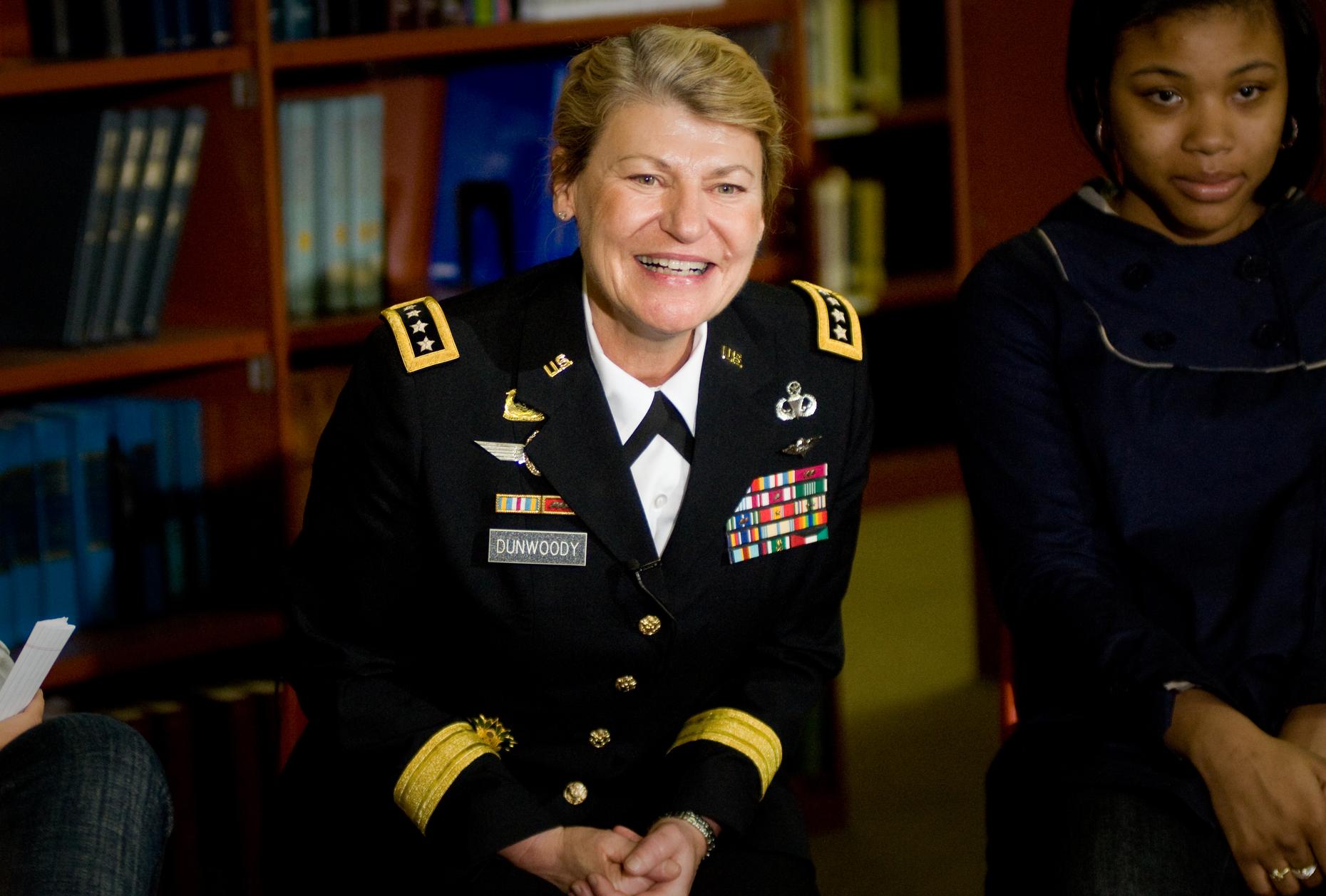Army Combat Roles

Introduction to Army Combat Roles

The army is a vital part of any country’s defense system, and it plays a crucial role in maintaining national security. The army is divided into various branches, each with its unique responsibilities and functions. In this article, we will delve into the different army combat roles and explore their significance in modern warfare.
Army combat roles are specialized positions that require specific skills, training, and expertise. These roles are designed to ensure that the army can effectively engage in various types of combat operations, from conventional warfare to counterinsurgency and counterterrorism. Some of the key army combat roles include infantry, armor, artillery, engineers, and special forces.
Types of Army Combat Roles

There are several types of army combat roles, each with its unique responsibilities and functions. Here are some of the most common ones: * Infantry: The infantry is the backbone of the army, and it is responsible for engaging the enemy in close combat. Infantry soldiers are trained to operate in a variety of environments, from urban to rural areas. * Armor: The armor branch is responsible for operating and maintaining tanks and other armored vehicles. Armor soldiers are trained to conduct armored assaults, provide supporting fire, and protect friendly forces. * Artillery: The artillery branch is responsible for providing indirect fire support to friendly forces. Artillery soldiers are trained to operate a variety of guns, howitzers, and missile systems. * Engineers: The engineers branch is responsible for conducting construction, demolition, and combat engineering operations. Engineers are trained to build bridges, roads, and other infrastructure, as well as to conduct explosive ordnance disposal. * Special Forces: The special forces branch is responsible for conducting unconventional warfare, counterterrorism, and direct action operations. Special forces soldiers are trained to operate in small teams, often behind enemy lines.
Responsibilities and Functions

Each army combat role has its unique responsibilities and functions. Here are some of the key ones: * Conducting combat operations: Army combat soldiers are trained to engage the enemy in close combat, using a variety of weapons and tactics. * Providing supporting fire: Artillery and armor soldiers are trained to provide supporting fire to friendly forces, using guns, howitzers, and missile systems. * Conducting reconnaissance: Infantry and special forces soldiers are trained to conduct reconnaissance operations, gathering intelligence on the enemy and the environment. * Building and maintaining infrastructure: Engineers are trained to build and maintain roads, bridges, and other infrastructure, as well as to conduct explosive ordnance disposal.
These responsibilities and functions are critical to the success of army combat operations. By working together, army combat soldiers can achieve their objectives and protect friendly forces.
Training and Equipment

Army combat soldiers require specialized training and equipment to perform their duties effectively. Here are some of the key ones: * Basic training: All army combat soldiers undergo basic training, which teaches them the fundamental skills of combat, first aid, and survival. * Advanced training: Army combat soldiers may undergo advanced training in specialized skills, such as sniper training, explosive ordnance disposal, or combat engineering. * Equipment: Army combat soldiers are equipped with a variety of gear, including rifles, pistols, body armor, and communication devices.
| Role | Training | Equipment |
|---|---|---|
| Infantry | Basic training, advanced training in specialized skills | Rifles, pistols, body armor, communication devices |
| Armor | Basic training, advanced training in armored operations | Tanks, armored vehicles, communication devices |
| Artillery | Basic training, advanced training in artillery operations | Guns, howitzers, missile systems, communication devices |
| Engineers | Basic training, advanced training in combat engineering | Construction equipment, demolition gear, communication devices |
| Special Forces | Basic training, advanced training in specialized skills | Rifles, pistols, body armor, communication devices, specialized gear |

💡 Note: The training and equipment required for each army combat role may vary depending on the country and the specific mission.
Challenges and Opportunities

Army combat soldiers face a variety of challenges and opportunities in their careers. Here are some of the key ones: * Physical and mental demands: Army combat soldiers must be physically and mentally fit to perform their duties effectively. * Technological advancements: The army is constantly evolving, with new technologies and tactics being developed all the time. * International cooperation: Army combat soldiers may have the opportunity to work with international partners, conducting joint operations and training exercises.
By understanding the different army combat roles and their responsibilities, we can appreciate the complexity and diversity of modern warfare. Army combat soldiers play a vital role in protecting national security and maintaining global stability.
In the end, the army combat roles are critical to the success of any military operation. By working together and utilizing their unique skills and training, army combat soldiers can achieve their objectives and protect friendly forces. The importance of these roles cannot be overstated, and it is essential to recognize the sacrifices and contributions of army combat soldiers.
What are the main types of army combat roles?

+
The main types of army combat roles include infantry, armor, artillery, engineers, and special forces.
What is the role of infantry in the army?

+
The infantry is the backbone of the army, and it is responsible for engaging the enemy in close combat. Infantry soldiers are trained to operate in a variety of environments, from urban to rural areas.
What is the importance of training and equipment for army combat soldiers?

+
Training and equipment are critical to the success of army combat soldiers. They require specialized training and equipment to perform their duties effectively and stay safe in combat operations.



